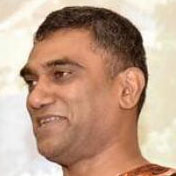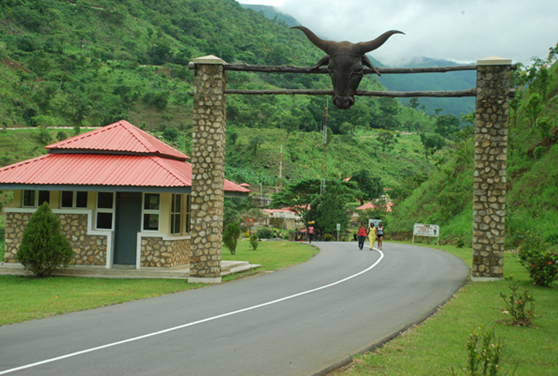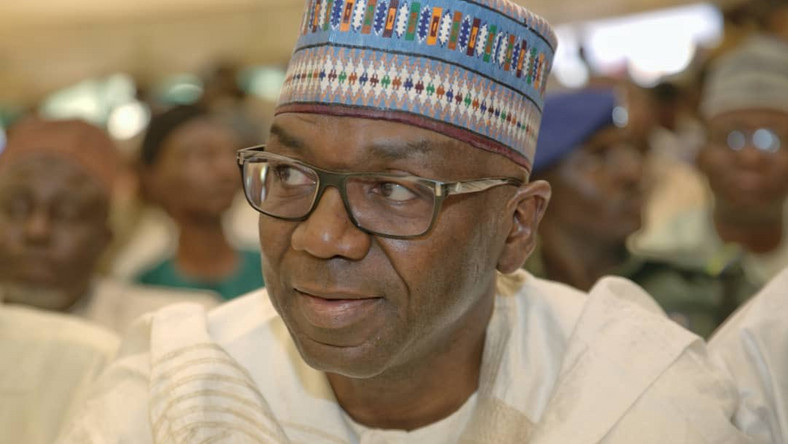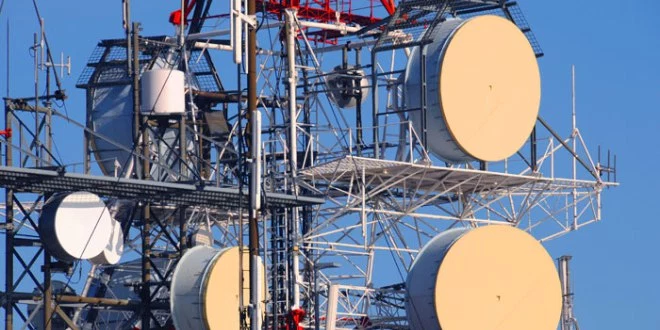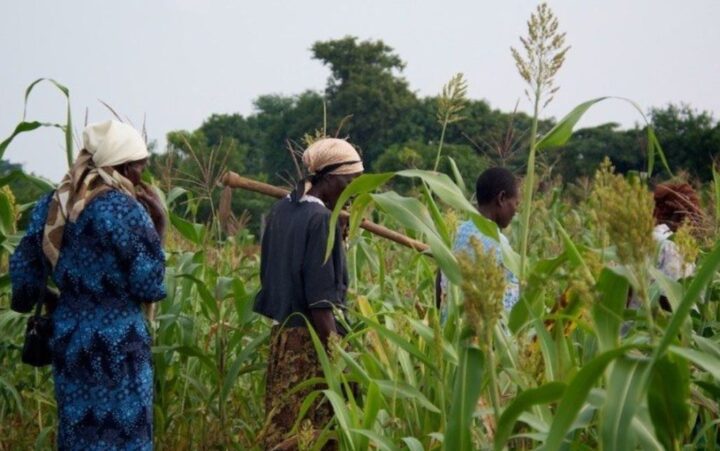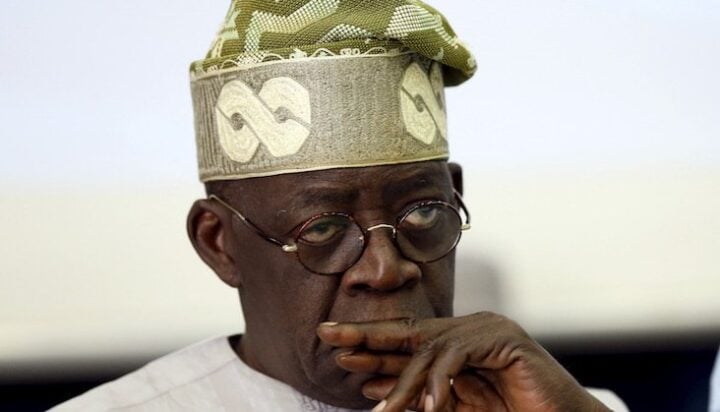We are regularly reminded that life can’t go back to normal after the COVID pandemic, because normal was broken, normal was not working for everyone, normal was steadily denuding the planet of its ability to sustain us. Normal was not normal at all. It was actually dysfunctional.
It’s not surprising that this dysfunction, now fully exposed by the health crisis, has led to people around the world sounding the alarm that structural racism will not be tolerated. Violent injustice – such as we see regularly in Nigeria and other African countries, often in the name of ‘law and order’ and many daily acts of micro-violence experienced by children, women and men of colour, including people from minority and other marginalised groups, have long been a part of normal. Racial, economic, environmental and social injustice have divided societies — and they are all interconnected.
Martin Luther King, speaking in May 1966 declared, “I never intend to adjust myself to economic conditions that will take necessities from the many to give luxuries to the few, and leave millions of people perishing on a lonely island of poverty in the midst of a vast ocean of prosperity.”
Without denying the genuine tragedy of the COVID-19 pandemic, George Floyd’s death at the hands of the police is symptomatic of another pervasive illness infecting societies, which we can think of as affluenza. Like all viruses, it is highly contagious — you can contract affluenza without even knowing it. You may even be born with it. It is an illness where many believe that a good life equals more, more and more material acquisitions and wealth. Affluenza, essentially is the deep obsession with acquiring material wealth and once obtained, using it to stratify society.
Advertisement
By careful design; those with more money have access to better health, education, social conditions, goods and services, than those who have less material wealth. People with the least money are largely invisible, as are their priorities, concerns and interests. COVID-19 reminds us that these persons are not nobodies — they’re the gig economy workers, part-timers, three-job-holders and unpaid carers and others who we have come to recognise as essential workers for the first time. They’re the ones willing to work as cab drivers, bus drivers, waste collectors, corner shop attendants — all the roles without which our locked down households could not function. They are the individuals without assurance of a minimum wage, often without basic health care or any kind of reasonable work tenure. They include the courageous, selfless human beings we have clapped for in several countries to finally acknowledge their value and indispensable roles in society. They also include the health workers in Nigeria who have had to go on strike before the government can recognize the need for them to be well-catered for, as they lead the fight against the pandemic.
The victims of the affluenza crisis are not only people of colour but if you are from a Black, Asian or other ethnic minority and living in a so-called “developed country, you are far more likely to survive near the bottom of a society where wealth and influence determines your value as a human. Fifty-four years after MLK’s ‘island of poverty’ speech, despite immense technological and scientific advances, more than two hundred artists and scientists, including actress Isabelle Adjani and Nobel Laureates, Albert Fert and Muhammad Yunus, are crying out for the same reasons. They call in this moment for leadership and logic that is value based, that will allow both nature and humanity to thrive economically in the new normal. In their words, “The pursuit of consumerism and an obsession with productivity have led us to deny the value of life itself: that of plants, that of animals, and that of a great number of human beings. Pollution, climate change, and the destruction of our remaining natural zones has brought the world to a breaking point.”
The test of our mettle to fight affluenza with the same energy as we will seek a vaccine for COVID-19 is a matter of survival. The voting public, rediscovering birdsong and flowing streams in urban oases, may just be waking up to the fact that all of our durability depends on each of us living with dignity and systems that are coherent. That means that the $20 trillion of stimulus funding set to wash through the global economy should be directed — as all public resources —towards the public good.
Advertisement
We can tackle the climate crisis, the health crisis, the economic crisis — and it’s close cousin, the poverty crisis — only if and when we also acknowledge that a system built on inequality on the basis of race, gender and social class cannot be sustained if we are to survive and thrive. The endless pursuit of economic growth, where GDP is the success metric is completely devoid of logic. It’s a measure of the system’s output, but not the system’s health. The system design has become so poor because we can’t hear anything but the pulse of GDP. This logic is simply unsustainable to the point of being cruel.
Coronavirus doesn’t treat all people equally. In fact, it too might seem to discriminate on racial grounds. Researchers at Harvard found that “the majority of the pre-existing conditions that increase the risk of death for COVID-19 are the same for diseases that are affected by long-term exposure to air pollution”. In fact, exposure to this common air pollutant, fine particulant matter, is more likely if you’re African American, since a history of redlining, means you’d be more likely to live near fossil fuel infrastructure than the rest of the population. The National Association for the Advancement of Colored People and the Clean Air Task Force found that more than a million African Americans live within a half-mile of an oil and gas facility.
As a consequence, African Americans comprise half the population of Washington D.C, but eighty percent of COVID-19 related deaths in the city, whilst in Chicago, where only twenty-nine percent of residents are black, seventy-two percent of COVID-19 deaths are African American. It’s not a uniquely US issue either. In the UK, the Office of National Statistics reported that black men and women were twice as likely as their white counterparts to die if infected with the COVID virus.
Our leaders have not delivered on the major challenges of our time. We have seen good men and women going into leadership with passion and conviction only to find that the system is rigged against equity, sustainability or justice. Unless we see an unprecedented global mobilisation by people, from all strata and sectors of society, of creativity, courage, love and compassion, we will squander the opportunity to enable the COVID-19 pandemic to help us break terrible and dangerous habits.
Advertisement
We must find it in our hearts to see what the mind can clearly acknowledge; the burning of fossil fuels and the propping up of private sector polluters with public resources has made us too ill to cope. The pandemic has shut us down and given us time to reflect. We know what to do, we have the resources and technologies to cure affluenza, COVID-19 and fossil fuel addiction. With vision and courage, we need to reset economies and transform our world, with social justice embedded, to a thriving, clean, green future, where dignity is commonplace and each person experiences the opportunity to succeed.
Naidoo was executive director of Greenpeace International (2009–2016) former secretary-general of Amnesty International (2018–2020). He is global ambassador for Africans Rising for Justice, Peace and Dignity, a visiting fellow at Oxford University, and professor of practice at Thunderbird School of Global Management, Arizona State University.
Views expressed by contributors are strictly personal and not of TheCable.
